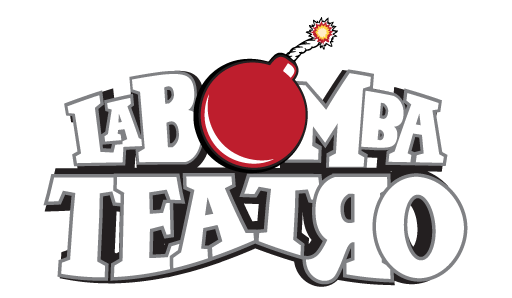In some cases, buyer details are included in the contract, but this is usually only the case with physical EULAes that are accepted upon performance and not accepted upon delivery (as the buyer must be present at the seller to sign). This sometimes happens in cases where the buyer/licensee is a large company, e.B. a large marketing company that purchases 50 licenses of Adobe Creative Suite for its design team. 18.1 This Agreement contains the entire agreement between the parties and supersedes all prior agreements, obligations or agreements, whether oral or written. In addition, this Agreement may not be modified, modified or otherwise modified in any way except in writing by both parties. Several different types of intellectual property may be covered by this Agreement: This section describes how Licensee pays Licensor to use its property. As mentioned earlier, there are many ways to negotiate royalties. When deciding which method is ideal for both parties, you need to consider exchange rates and inflation. A single license grants the licensee an exclusive license, but the licensor retains the right to use the intellectual property. Although Licensor does not grant additional licenses, Licensor may continue to use the intellectual property and all previous licenses may remain in effect.
An EULA is similar to a lease in which Licensee pays for the use of the Software in the manner set forth in the Agreement, rather than renting physical goods or property. This means that the user complies with all restrictions specified in the EULA by the author or publisher of the software. These restrictions may include a usage time limit (for example, a subscription. B), a limited number of downloads (. B installation on 5 computers or other electronic devices) and more. There are a number of different fees you might charge for your intellectual property: these are everything else that both parties want to add. For example, some license agreements include non-disclosure agreements. This clause would prevent the licensee from disclosing proprietary information or processes.
If you own a patent on a useful technology, if you have a copyright in a popular photo, if you have filed a special image, or if you own another invention or creative work that you want to make money with, you will need a license agreement. This Agreement allows you to set the terms of everything related to that particular IP and to protect your proprietary rights, including how Licensee may use the IP, who may sublicense the IP, the price of the license for the IP, and the length of time Licensee may use the IP. To use [description of what is licensed]. The following standard license agreement contains an agreement between licensor Valerie J Toups and licensee Matthew K Jordan. Valerie J Toups agrees to allow Matthew K Jordan to use the Licensed Intellectual Property in accordance with the terms and conditions set forth. Most often, you will see intellectual property licensing agreements such as patents, trademarks, and copyrighted material. Common copyrighted materials include music, movies, videos, and works of art. Although a license agreement does not give you ownership of another entity`s property, you can use it as long as you follow the parameters described in the agreement. A non-exclusive license grants the licensee a license to use the intellectual property, but the licensor is free to also use the intellectual property and license to whomever it wants. Therefore, many parties may have licenses for the same intellectual property at the same time.
In 2015, Apple Inc. and telecommunications equipment provider Ericsson entered into a global licensing agreement, ending a year-long patent dispute between the companies. To protect yourself and your business, it`s important to be thorough when creating a license agreement. Both the licensee and the licensor must have a clear understanding of what they are accepting. Consider the following tips before you begin: A license agreement is a legal document between two parties – the licensor or the person who owns the intellectual property (IP) and the licensee or person who obtains a license to use the intellectual property. Licensor may own a copyright, trademark, patent, service mark, trade secret, know-how or other intellectual property. Licensees and licensors like to be thorough in their agreements to ensure that nothing is overlooked. .
